"There is no justification for this military coup," U.S. Secretary of State John Kerry said in a statement.
The US’s disinclination to shift its pro-establishment perception raises the crucial question of whether Washington simply aimed at pursuing its interests or indeed failed to fully comprehend Thailand’s political development that has taken place in the past decade.
In interviews with a group of Thai and American diplomats, it was clear that since the end of the Cold War which witnessed the decreasing American influence in this region, the US government has not adequately invested in training experts in Southeast Asia, including Thailand. As its role in Southeast Asia diminished, a series of US governments have taken their ties with countries in the region for granted. The lack of experts has led to the US’s misjudgement of the evolving political process in Thailand.
The United States has tended to rely on its old connection with the Thai traditional elites while shoring up their argument of the red-shirted movement as antithetical to Thai democracy and even a menace to the monarchical institution—an argument that aligns with the US’s pro-monarchy position. A former American diplomat revealed that the United States was “freaking out” about the fact that there was a gap in its understanding of the Thai situation.
The vacuum of information compelled the US government to interpret its relations with Thailand based on its constricted perception of maintaining the political status quo even as new players in the Thai political landscape were emerging. For example, US ambassador Eric John has been criticised by some American expatriates for being out of touch with Thailand’s complex politics and cultural mores.
The periodic Congress Research Service (CRS) reports for Congress continue to paint a demonic image of Thaksin, while reiterating the importance of security relations between Thailand and the United States. The focus has been on the unrelenting Thai support for US military operations, the American security assistance for Thailand, the US’s military exercises with the Thai army, and the bilateral cooperation in the field of intelligence and law enforcement; all these resonated with the traditional security-centric relations between Washington and Bangkok.
When it comes to describing the Thai situation, in the 2009 CRS report, it asserts:
The coup itself raised obvious concerns about the democratic process in Thailand. Much of the Thai press and some long-time Thai watchers embraced the notion that the coup was necessary for Thailand to move forward; that is, that the military coup represented less of a threat to Thai democracy than Thaksin’s perceived systematic dismantling of the democratic system. In addition, much of the state’s apparatus, including the key institutions of the parliament, the judicial branch, and watchdog agencies, reportedly has been undermined in the past several years.
In one account, the CRS said, “Many military and diplomatic officials, wary of some aspects of Thaksin’s leadership style and more familiar with the old establishment in Bangkok, appeared to want to maintain strong relations with the elite despite the interruption of democratic practices.” This statement sums up the persistent pro-elite standpoint on the part of the United States.
The CRS released its Thailand reports in 2005 and 2009 but did not elaborately discuss the root cause of the crisis. Although the issue of democracy and human rights were examined, the reports said nothing about the red-shirted movement and its pro-democracy objective. In looking closely, one would find that the contents of these reports are strikingly similar; only a few updated statements were added which remained superficial and misinterpreted.
A Thai diplomat who served at the Thai Embassy in Washington during 2006-2007 explicated the origin of a possible American misperception. In its East Asian and Pacific Affairs Bureau at the State Department, there was only one junior diplomat at the time, possibly with the rank of a second secretary, in charge of all-encompassing issues on Thailand. She worked under the supervision of a director who was also not an expert on Thailand. “Thailand” was underrepresented in the State Department despite the fact that it remained the US’s principal strategic ally and was awarded major non-NATO ally status in 2003. The attention was for the most part paid to other more powerful countries in Asia, such as China and Japan, as well as to the Muslim world.
It was also revealed that there was nobody in the East Asian and Pacific Affairs Bureau who was able to speak Thai, comparing with the Ministry of Foreign Affairs of China in which all of its Thai desk officers spoke Thai fluently. The State Department seemed not to consider as important the background knowledge of a desk officer. Obviously, the Thai desk officer had no prior knowledge about Thailand and its ongoing political development. Today, this situation has not changed. In interviews with two Singapore-based American diplomats, they explained a rather more detailed structure of the East Asian and Pacific Bureau.
At the so-called Thai desk, there is still one full-time mid-level official covering Thailand. In addition, there is a deputy director and director supervising the Thai desk officer, plus the deputy assistant secretary and assistant secretary who have Thailand in their portfolios. But all this does not include other officers who work directly on Thailand, such as in public affairs, economic and consular bureaus, population, refugees and migration offices, Defence, and Commerce and Agriculture Departments.
One of the American diplomats defended his government’s position when asked if there was a lack of Thai expertise resulting in policy ignorance in regards to Thailand. The diplomat said that on many occasions, the real decision-makers in Washington do not rely on information provided by the Thai desk officer or sources from the US Embassy in Bangkok since they do not represent the sole sources of information on the political situation in Thailand. “Campbell (former Assistant Secretary of State for East Asian and Pacific Affairs) may just pick up the phone and request specific information from other offices, like from the National Security Council”, said the diplomat.
But this does not answer the earlier question of whether other offices understand the complexity of the Thai situation better than the State Department. The American diplomat confirmed that Campbell had a keen interest in what had happened in Thailand, but wanted to adopt a wait-and-see attitude and in doing so did not fully support the red-shirts’ pro-democracy campaign. More importantly, the diplomat asked, “If the red-shirts formed the next government, would they change the country’s policy toward Washington?” Such a question seemed to imply that the United States would gain little if it lent its support to the red-shirted movement.
Back in Bangkok, there has been little indication that the US Embassy officials have actually established channels of communication with the red-shirted movement and that they have paid regular visits to the red-shirts’ power bases—the north and northeast regions which are still Thaksin’s strongholds, in order to conduct thorough interviews or research on the political ideology of these so-called Thaksin’s supporters.
The little access to the red-shirted movement and the willingness to monitor the situation closely on the ground could perhaps play an important role behind the US’s fixed mindset about the political situation in Thailand. So far, the US government has seemed to follow in the footstep of ASEAN, in strictly upholding the principle of non-interference in Thai domestic politics—an excuse for Washington and its mission in Bangkok for not making any contact with the red-shirts.
Scot Marciel, (currently Principal Deputy Assistant Secretary to the Bureau of East Asian and Pacific Affairs), while serving as deputy assistant secretary for Southeast Asia and ambassador for ASEAN affairs, and in testifying in the Congress on 10 June 201o, was careful not to veer off the non-interference track. Morale support from the US, yes. Interference, no. Marciel’s position was reconfirmed when US Under-Secretary of State William Burns visited Thailand on 17 July 2010. Meeting with Prime Minister Abhisit Vejjajiva, Burns stated, “Thais will serve their own interests best via the peaceful reconciliation of their political differences.”
Up to this point, it may seem evident of the US’s ambivalent attitude toward democrasation in Thailand. The latest putsch has put the American interests in the kingdom to the test. Thus, as this article suggested at the beginning, do not rush to congratulate the seemingly tough stance of the US vis-à-vis the Thai coup.
 Pavin Chachavalpongpun is Associate Professor at the Center for Southeast Asian Studies, Kyoto University
Pavin Chachavalpongpun is Associate Professor at the Center for Southeast Asian Studies, Kyoto University


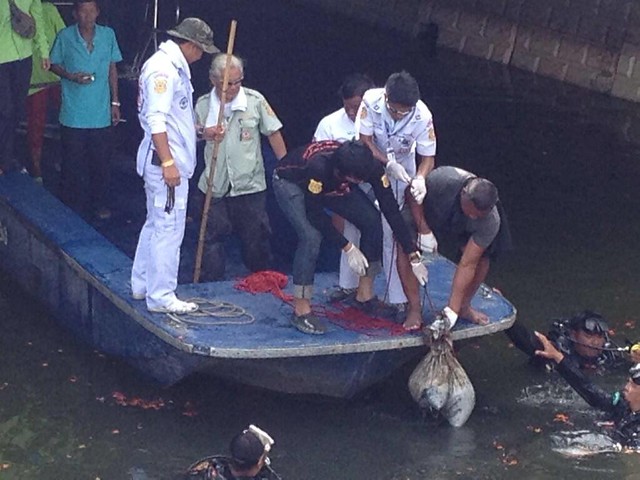
.jpg)
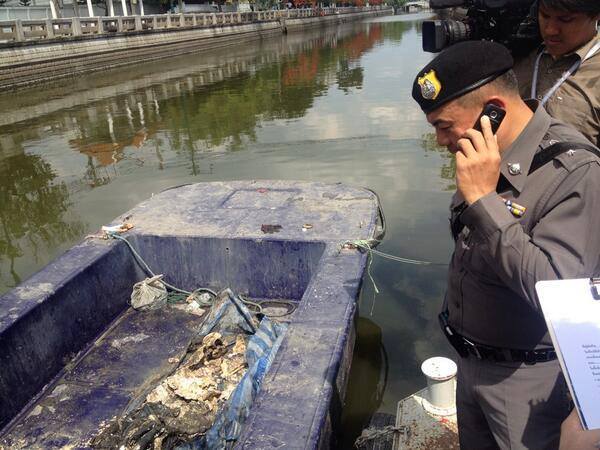



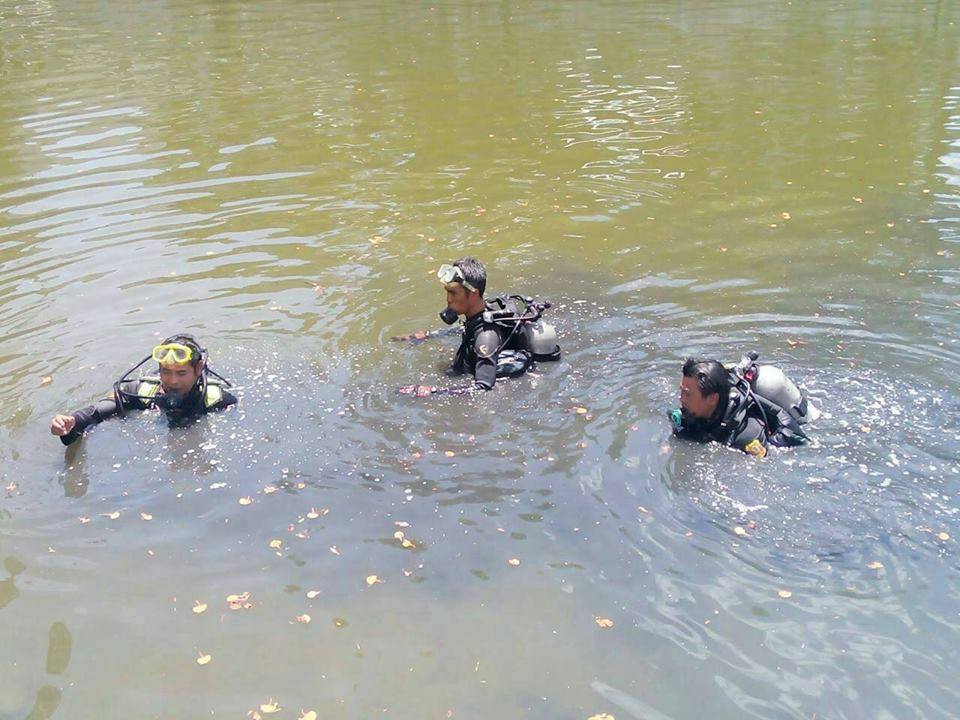

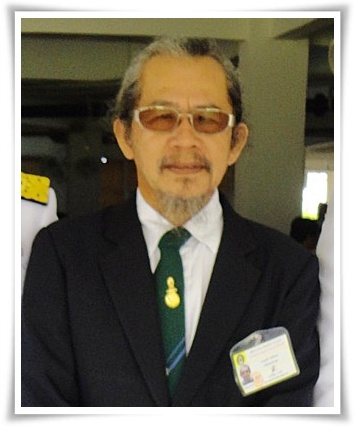









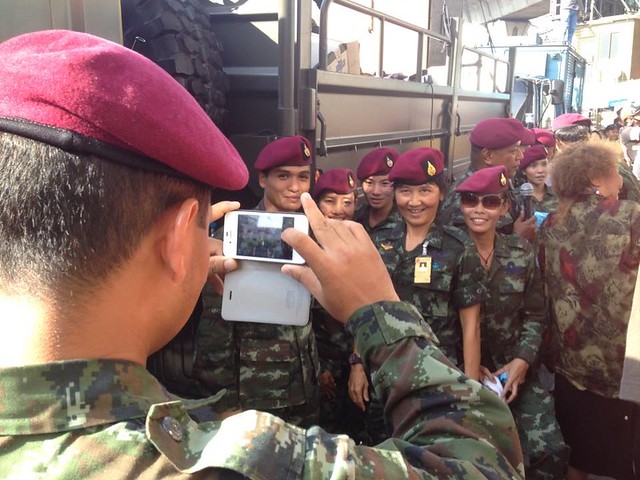
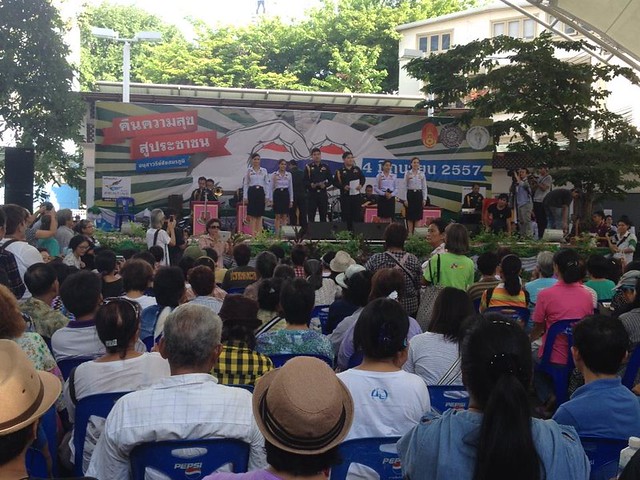
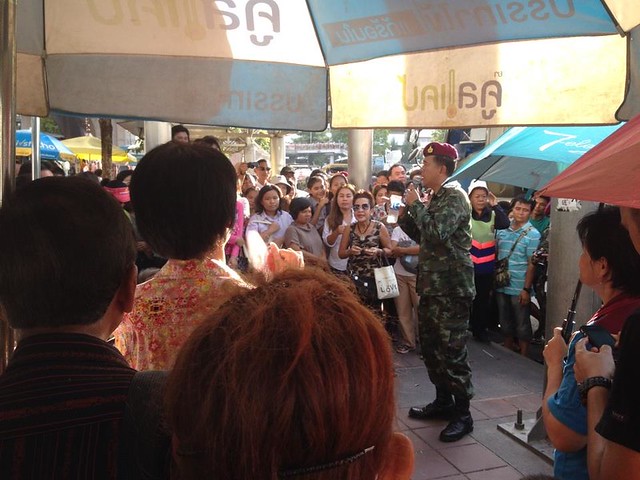
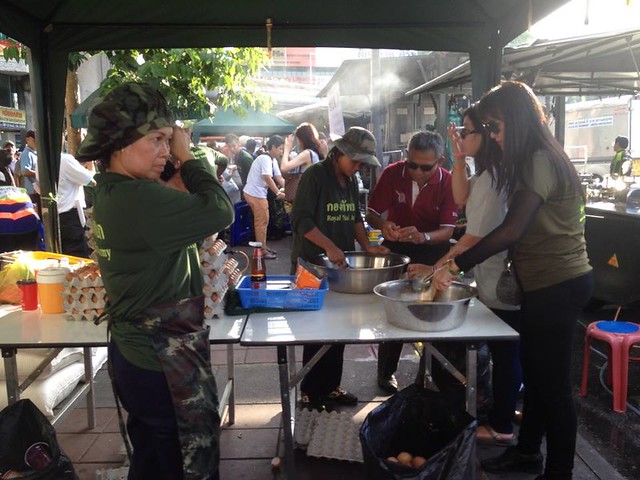
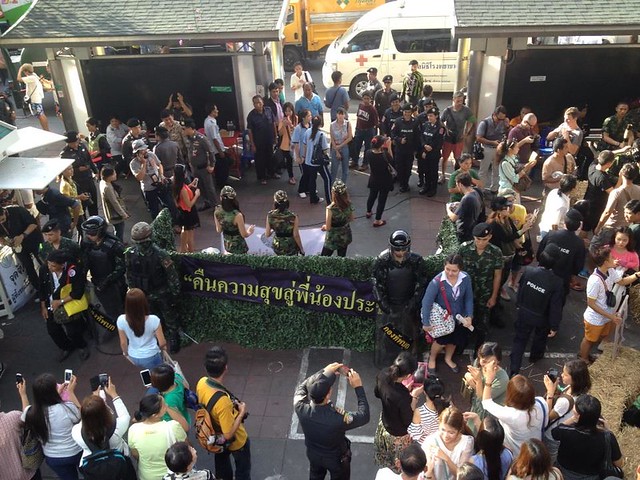
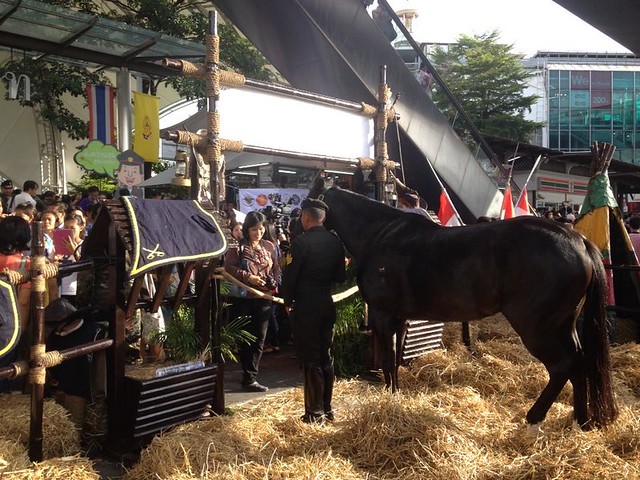
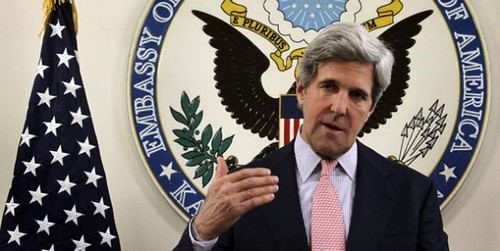
 Pavin Chachavalpongpun is Associate Professor at the Center for Southeast Asian Studies, Kyoto University
Pavin Chachavalpongpun is Associate Professor at the Center for Southeast Asian Studies, Kyoto University